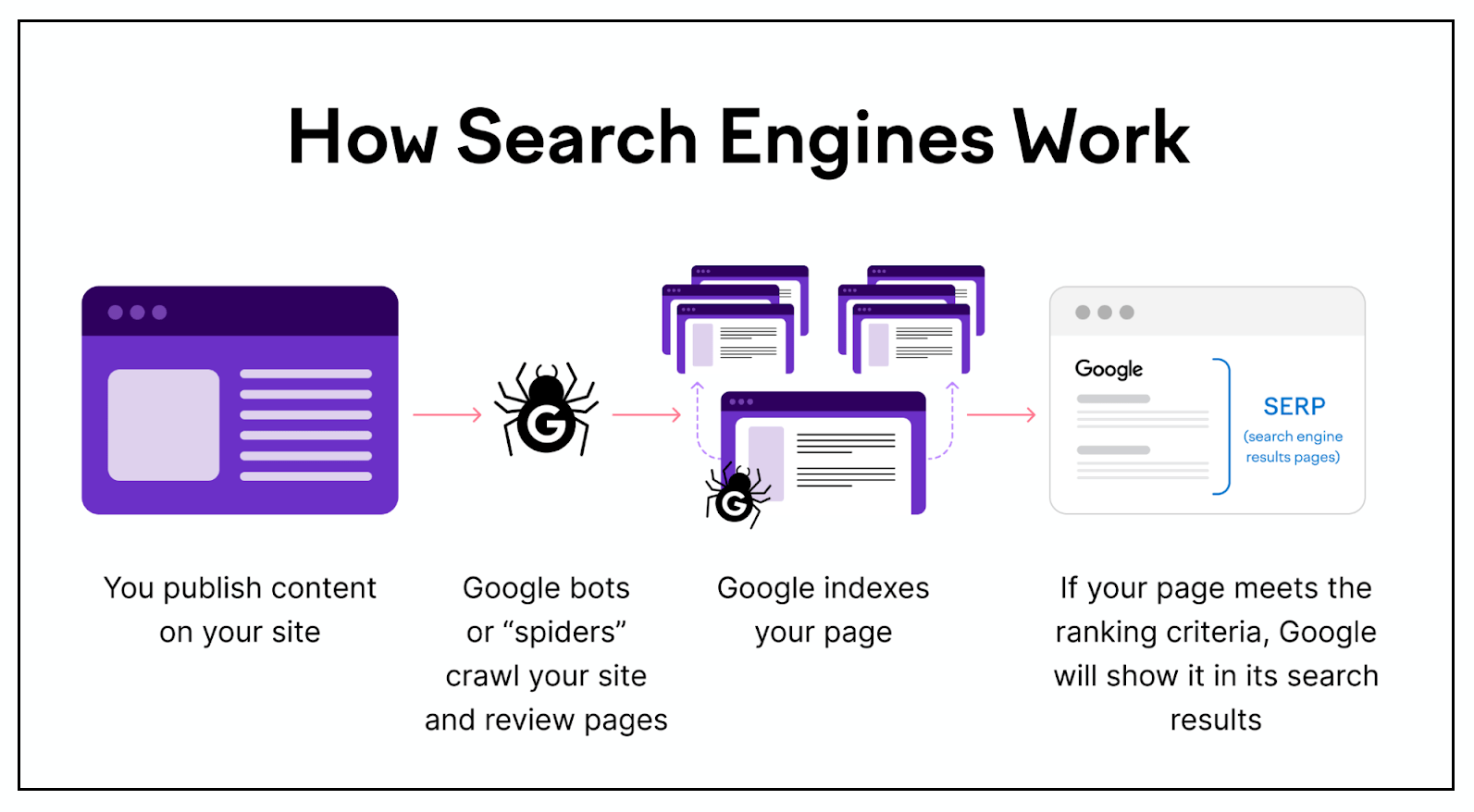In today’s digital age, search engines play a crucial role in our daily lives. Whether we’re looking for information, products, or services, search engines like Google, Bing, and Yahoo serve as our gateway to the vast expanse of the internet. But have you ever wondered how these search engines actually work? What goes on behind the scenes when we type a query into the search bar? In this comprehensive guide, we’ll delve into the intricate workings of search engines and explore the fascinating process that powers our online searches.
Introduction to Search Engines:
Search engines are sophisticated software programs designed to retrieve and organize information from the vast collection of web pages available on the internet. Their primary function is to help users find relevant and useful content based on their search queries. While different search engines may employ slightly different algorithms and methodologies, they generally follow a similar process to deliver search results.
The Procedure:
-
Crawling:
The first step in the search engine process is crawling. Search engine crawlers, also known as bots or spiders, systematically browse the web, following links from one webpage to another. They navigate through websites, collecting data about each page they encounter, including its content, URL, metadata, and links to other pages. This process is continuous and allows search engines to discover new pages and update their index with fresh information.
-
Indexing:
Once the crawlers gather data from various web pages, the information is indexed and stored in massive databases. Indexing involves organizing and categorizing the collected data to make it easily retrievable when users perform a search. Search engines create an index of web pages based on factors such as keywords, relevance, freshness, and authority. This index serves as the foundation for delivering relevant search results to users.
-
Ranking:
When a user enters a search query, the search engine retrieves relevant pages from its index and ranks them based on their perceived relevance and quality. This ranking process involves complex algorithms that analyze various factors, including keyword usage, content quality, backlinks, user engagement metrics, and more. Pages that are deemed more relevant and authoritative are typically ranked higher in the search results.
-
Retrieval and Display:
Once the search engine has determined the ranking of relevant pages, it retrieves and displays them to the user in the search results page (SERP). The SERP typically consists of a mix of organic search results, paid advertisements, featured snippets, and other relevant content types. The order and presentation of results may vary based on factors such as the user’s location, search history, device type, and search engine preferences.
Factors Influencing Search Engine Rankings:
Several factors influence how search engines rank web pages and determine their relevance to a given query. Some of the key factors include:
- Keywords: The presence of relevant keywords in the page’s content, title, headings, and meta tags.
- Content Quality: The overall quality, relevance, and usefulness of the content to the user’s query.
- Backlinks: The number and quality of links pointing to the page from other reputable websites.
- User Experience: Factors such as page loading speed, mobile-friendliness, and ease of navigation.
- Freshness: The recency of the content and how frequently it’s updated.
- Relevance: How closely the content matches the user’s search intent and query.
Conclusion:
In conclusion, search engines are powerful tools that have revolutionized the way we access and consume information on the internet. Understanding how search engines work can provide valuable insights for website owners, marketers, and anyone looking to improve their online visibility. By optimizing their websites and content to align with search engine algorithms and best practices, individuals and businesses can enhance their chances of ranking higher in search results and reaching their target audience effectively. So, the next time you perform a search online, remember the intricate process that powers your search results and connects you with the information you seek.


